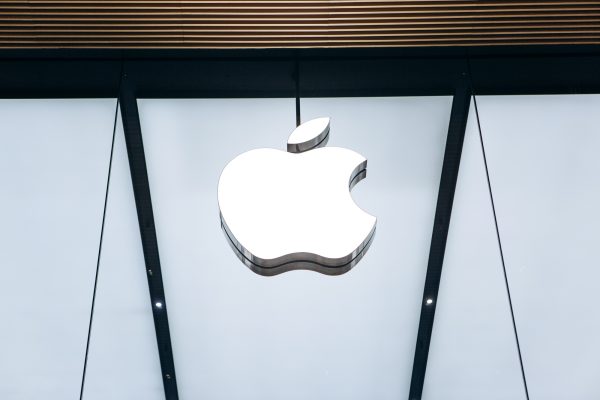The U.S. tech giant Apple intends to invest $1 billion in a manufacturing plant in Indonesia to produce components for smartphones and other products – at least if the country’s investment minister is to be believed.
Rosan Roeslani told reporters yesterday that the deal, which he first mentioned in comments to Parliament on Tuesday, was on track and that its details were being finalized, Reuters reported.
“We will discuss with them some more… our hope is for everything to be announced in the next week after receiving a written commitment from them,” he said.
In late October, Indonesia’s government announced that it would ban Apple from selling its latest model of iPhone, citing the devices’ failure to meet laws requiring the use of locally made components. The company’s iPhone 16 phones were released worldwide in September. Jakarta has also blocked Alphabet’s Google from selling its Pixel smartphone on the same grounds.
Under Jakarta’s local content requirements, which are designed to encourage the development of domestic manufacturing, certain smartphone handsets are required to contain at least 40 percent locally manufactured components. Earlier this week, the government said that it would further increase the local content requirement, although it has not yet set new thresholds.
Recently, in order to fulfill the Indonesian requirements, Apple offered to invest $100 million to build an accessory and component manufacturing plant in the country. But the Indonesian government said that this was insufficient to reverse the iPhone 16 ban, with one minister comparing the proposal to Apple’s bigger investments in neighboring Vietnam and Thailand.
Apple currently has no manufacturing facilities in Indonesia, but the company says it has invested nearly $100 million in its app developer ecosystem in the country since 2018. As Reuters explains, this has helped the company meet local content requirements for the sale of older iPhone models.
During a visit to the country in April, the firm’s CEO Tim Cook said that Apple will “look at” setting up a factory at some point in the future. “I think the investment ability in Indonesia is endless. I think that there is a lot of great places to invest, and we’re investing,” Cook told reporters after the meeting.
Apple clearly has a strong incentive to comply with the local content rules. Indonesia is the fourth-most populous nation in the world, and its fourth-largest mobile market, with smartphone penetration of around 91 percent this year.
Of course, Apple’s $1 billion investment has not yet been made official. But its finalization would offer a striking example of Indonesia’s ability to use market access as leverage to extract concessions from foreign companies – in this case, one of the world’s most powerful. Indeed, it is clear that Indonesia’s size may confer advantages in the race to attract investment in high-tech industries, which may partly make up for its shortcomings in other domains.




















Discussion about this post